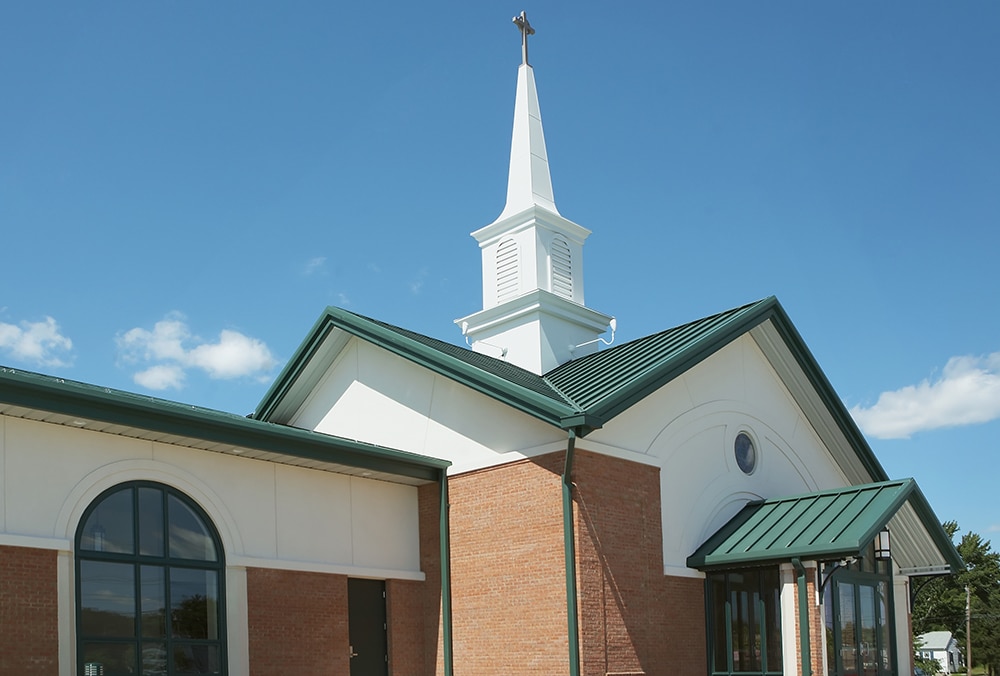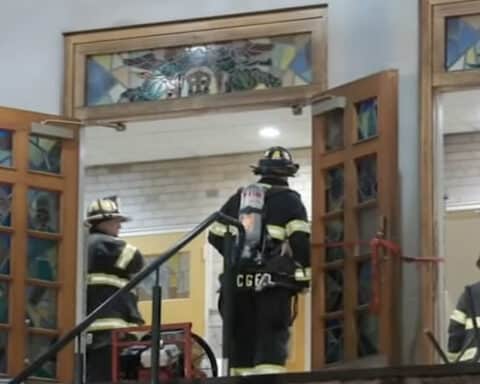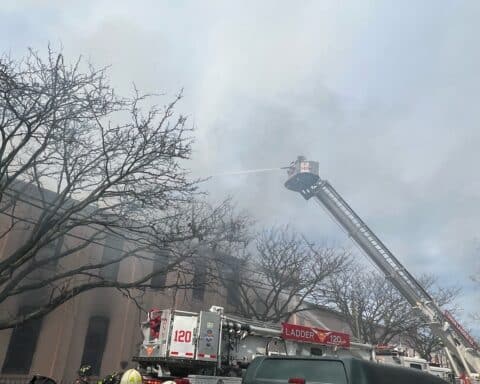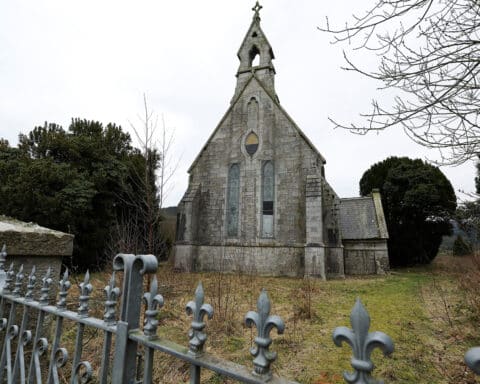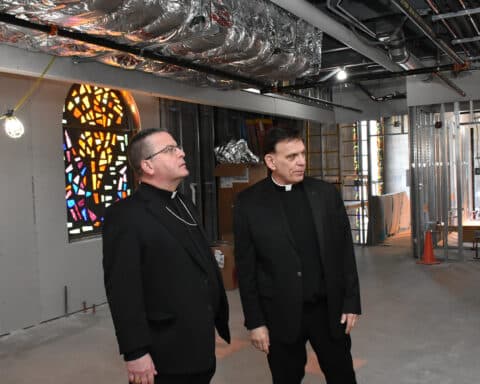
— Bob Kusek, Eastpointe, Michigan
Answer: The Church regards these communities in much the same way as any other non-Catholic but Christian denominations. They are a wound to the unity that should prevail and for which Christ prayed. However, they do have good qualities that should be respected and that may well form a bridge to future unity.
In terms of them being a wound to unity, we should recall that Christ’s desire for unity among his followers was expressed on the night before he died: “I pray not only for them, but also for those who will believe in me through their word, so that they may all be one, as you, Father, are in me and I in you, that they also may be in us, that the world may believe that you sent me
(Jn 17:20-21).
Jesus did not found 30,000 different churches; he founded one Church. And while there is plenty of blame to go around on all sides, the Catholic Church rightly insists that it is, and must be, the source and goal of reunification. The Catechism of the Catholic Church says: “The sole Church of Christ is that which our Savior, after his Resurrection, entrusted to Peter’s pastoral care, commissioning him and the other apostles to extend and rule it. … This Church, constituted and organized as a society in the present world, subsists in the Catholic Church, which is governed by the successor of Peter and by the bishops in communion with him” (No. 816). Christ does not have many bodies, but one body; he does not have many brides, but one bride.
It is historically demonstrable that the Catholic Church is the Church Christ founded and that we have carefully maintained that unity around Peter and through the Sacrament of Holy Orders. The Protestant denominations and their nondenominational offshoots broke away from the Church Christ founded or from each other, owe their origins to human beings and are less than 500 years old.
To be fair, these divisions in Christendom are not simply the fault of one side but the breaking away and forming of communities separate from the Church Christ founded remains a deep wound to the Body of Christ, the Church (cf. CCC, No. 817)
But the Catechism hastens to point out: “However, one cannot charge with the sin of the separation those who at present are born into these communities that resulted from such separation and in them are brought up in the faith of Christ, and the Catholic Church accepts them with respect and affection as brothers. … All who have been justified by faith in Baptism are incorporated into Christ; they therefore have a right to be called Christians, and with good reason are accepted as brothers in the Lord by the children of the Catholic Church” (CCC, No. 818).
“‘Furthermore, many elements of sanctification and of truth’ are found outside the visible confines of the Catholic Church: “the written Word of God; the life of grace; faith, hope, and charity, with the other interior gifts of the Holy Spirit, as well as visible elements … whose power derives from the fullness of grace and truth that Christ has entrusted to the Catholic Church. All these blessings come from Christ and lead to him and are in themselves calls to ‘Catholic unity'” (CCC, No. 819).
And, indeed, The Catholic Church has received many converts over the years from among these denominations. They certainly bring many gifts with them such as a love for Scripture, a very personal love for Jesus, evangelical enthusiasm and so forth.
The proliferation of the nondenominational groups points to a fundamental flaw in the Protestant view that Scripture alone is the source of unity. The problem is that a text needs an authoritative interpreter. All these vast numbers of denominations cite Scripture, but have many different ways of interpreting it, leading to both pastoral and doctrinal disputes and divisions among them.
That is why the Lord did not write a book; he founded a Church established with a line of authority to teach and hand on what he had taught. From the apostles, the New Testament Scriptures came forth as an immeasurable gift, but the proper understanding of those texts requires the authoritative interpretation of the successors of the apostles, the bishops in union with Peter.
Msgr. Charles Pope is the pastor of Holy Comforter-St. Cyprian in Washington, D.C., and writes for the Archdiocese of Washington, D.C. at blog.adw.org. Send questions to msgrpope@osv.com.

